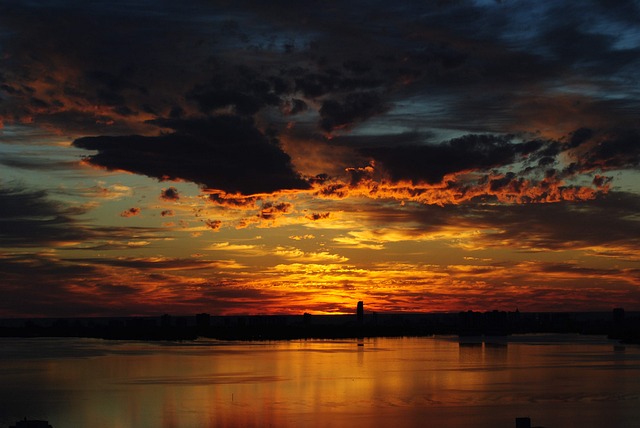Voodoo, also known as Vodou or Vodun, is a traditional Afro-Caribbean religion that combines elements of African animism, European folk magic, and Catholicism. It has a rich and complex history that stretches back centuries, and has had a significant impact on the culture of Miami, Florida. In this article, we will explore the history of Voodoo in Miami and how it has evolved to become a prominent spiritual tradition in the city.
Origins of Voodoo
Voodoo originated in West Africa, particularly among the Fon and Ewe peoples of what is now Benin, Togo, and Ghana. These African tribes brought their spiritual beliefs and practices with them when they were forcibly brought to the Americas during the transatlantic slave trade. Over time, their religious traditions began to intermingle with the religious beliefs and practices of the indigenous peoples of the Caribbean, as well as with the Catholicism of the European colonizers.
The Arrival of Voodoo in Miami
Voodoo first arrived in Miami with the influx of Haitian immigrants in the late 1970s and early 1980s. Many Haitians sought refuge in Miami during this time due to political and economic unrest in their home country. Along with their language, culture, and cuisine, they brought their religious practices and beliefs, including Voodoo.
Voodoo in Miami Today
Today, Voodoo is a prominent spiritual tradition in Miami, with a number of Voodoo temples and practitioners throughout the city. Many Haitian immigrants and their descendants continue to practice Voodoo as a way to connect with their African and Haitian roots and to seek guidance and assistance from the spirits. Voodoo ceremonies and rituals are held regularly in Miami, particularly during significant holidays and events such as Mardi Gras and Haitian Independence Day.
The Influence of Voodoo on Miami’s Culture
Voodoo has had a significant influence on the culture of Miami, particularly in areas with large Haitian populations such as Little Haiti and North Miami. Voodoo is not only a religious practice, but also a way of life for many Haitian-Americans. It is deeply intertwined with their sense of identity and community, and is seen as a part of their cultural heritage. Voodoo has also influenced Miami’s art, music, and culinary scenes, with many artists, musicians, and chefs drawing inspiration from Voodoo symbolism and traditions.
Misconceptions and Stereotypes
Despite its long history and cultural significance, Voodoo is often misunderstood and surrounded by stereotypes. Voodoo has been portrayed negatively in popular culture, with depictions of black magic, evil spirits, and human sacrifices. These portrayals are not only inaccurate, but also perpetuate harmful stereotypes about African and Caribbean religions, which are deeply rooted in racist and colonialist ideologies. It is important to educate ourselves and challenge these misconceptions in order to foster understanding and respect for religious diversity.
Voodoo and Tourism
Voodoo has also become a significant aspect of Miami’s tourism industry. Many visitors are drawn to Miami’s Voodoo temples, shops, and events, seeking to learn about and experience this unique spiritual tradition. Voodoo-themed tours, workshops, and festivals are popular attractions, allowing visitors to gain insight into Voodoo’s history, beliefs, and practices. However, it is important to approach Voodoo tourism with sensitivity and respect, as it is a deeply spiritual and personal practice for many individuals.
Conclusion
The history of Voodoo in Miami is a testament to the resilience of the African diaspora and the power of cultural heritage. Despite facing challenges and misconceptions, Voodoo has emerged as a prominent spiritual tradition in the city, contributing to its rich cultural tapestry. By understanding and appreciating the history and significance of Voodoo, we can foster a more inclusive and diverse society that celebrates and respects different religious traditions.

